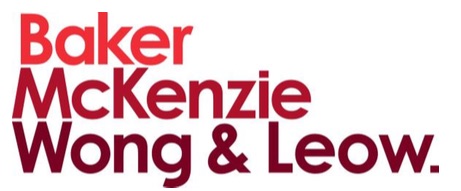8 February, 2019
On 11 January 2019, the newly revised Code of Ethics on the Sale of Infant Foods in Singapore (the Code) was launched, incorporating changes such as broader restrictions on hospital sponsorships by infant formula companies.
This comes 2 years after a 2017 report by the Competition and Consumer Commission of Singapore (CCCS) highlighted the "conflict of interest" concerns over sponsorship and payment agreements between infant formula companies and private hospitals.
The Code was formulated by the Health Promotion Board's Sale of Infant Foods Ethics Committee (the Committee), in order to provide guidelines on the appropriate marketing and distribution of breast milk substitutes, and promote the practice of breastfeeding in Singapore.
Key Revisions
The scope of the Code has been expanded to cover formula milk for infants aged up to 12 months, compared to 6 months previously.
The revised Code also introduces a new prohibition on financial or in-kind inducements offered by infant formula companies to hospitals, clinics and retail pharmacies in exchange for the promotion of their breast milk substitute products. An example given in the Code is the provision of special discounts to hospitals for other medical and paramedical items sold by the company.
At present, public hospitals with maternal services are already prohibited from conducting such activities.
The Code further clarifies that any sponsorship of healthcare professionals' participation in industry-organised medical or educational events should only be limited to invited healthcare professionals and should not be extended to accompanying persons.
The revised Code also prohibits infant formula companies from providing or funding mothercraft services to mothers, such as home care programmes or baby clubs, newsletters and talks on infant care.
Timelines
The relevant companies will be given a year to change their marketing practices so as to comply with the Code.
While the Code does not have the force of law and imposes no penalties for breach, compliance is nevertheless considered obligatory, in accordance with the industry's self-regulation regime.
Comments
The revisions to the Code provide much needed clarity on the scope and boundaries of acceptable and ethical marketing practices in the infant formula industry.
However, the extent to which non-compliance with the Code has an impact on anti-corruption risks remains to be seen. For example, it may be arguable that hospital sponsorships in contravention of such an industry code may be a factor that the Court will consider in determining whether such sponsorships amount to gratifications which have been given / accepted “corruptly” under the Prevention of Corruption Act.
More information about the revision can be found here and the Code in full can be found here.
For further information, please contact:
Andy Leck, Principal, Baker & McKenzie.Wong & Leow
andy.leck@bakermckenzie.com





